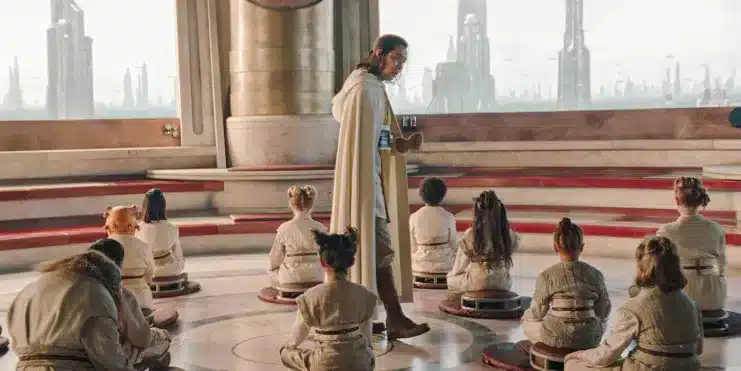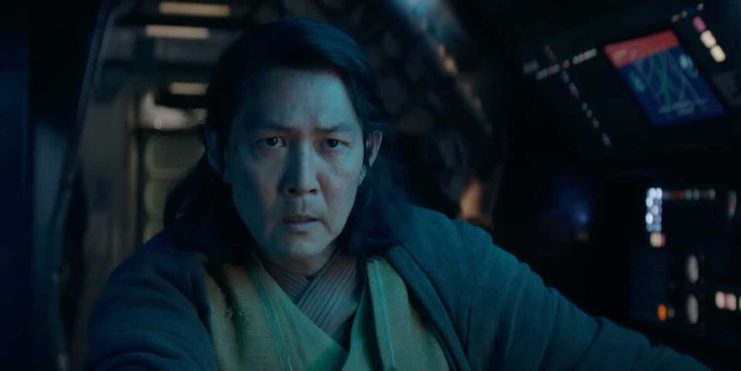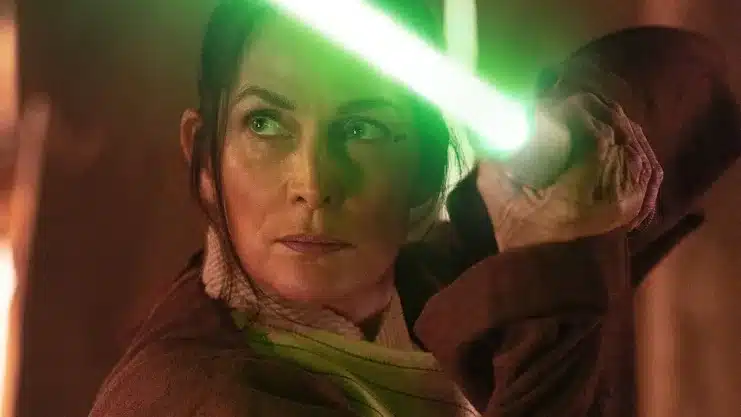
In The Acolyte, Sol’s personal tragedy reveals why the Jedi Order forbids emotional attachment.
In a galaxy where the balance of power determines the fate of countless star systems, one Jedi’s mistakes can have dire consequences. The Disney+ series Acolyte illuminates these deep cracks in the Jedi Order through the story of Master Son himself and his emotional torment.
Master Soul error and inhibition of emotional attachment
At the heart of the dispute is Master Soul, who is charged with leading the Jedi team against The Acolyte. His deep bond with Mae and Osha, the two central characters in the plot, leads to a series of disastrous decisions. This attachment, while human and understandable, goes directly against the strict Jedi rules that forbid any emotional attachment. This code is designed to maintain objectivity and efficiency in the use of force, challenging Sol’s ability to remain neutral.
The episode “Teach/Destroy” shows us how Sol’s inability to recognize the evil of the Kimi in Olga sets off a series of deadly events. Grief-stricken by the deaths of his Padawan and other members of the Order on Kfar, Sol is engulfed in guilt and regrets that he had dulled his judgment and weakened his Jedi abilities.
The Tragedy of Brennock: A Mirror of Past Failures
The story takes a more tragic turn when Sol, in a moment of tragic revelation, confesses his role in the death of Brendock by the Anisea clan. This event is not only a reflection of their past mistakes, but a brutal reminder of how emotional attachment has taken its toll on the Jedi throughout history. Sol’s attempt to integrate Osha into the Order, despite warnings, ends in a massacre that leaves lasting scars.

Sol’s dilemma is not unique in the history of the Jedi Order. Figures like Qui-Gon Jinn and Anakin Skywalker also struggled with the balance between attachment and duty. This tension reflects a broader criticism of the way the Jedi Order operates, which, although it purports to act in terms of impartiality and justice, fails to recognize the inherent humanity in its members.
The finale of the first season of Acolyte is not only a highlight of action and drama, but also a moment of introspection. As fans argue online about the validity of emotions in the use of force, the series suggests that excessive rigidity can be as harmful as emotional need.

Soul’s fate and the future of the Jedi Order
Ultimately, The Fall of Maestro Sol is a narrative about the dangers of excessive empathy in a system that demands emotional distance. His story is a symbol for the Jedi, reminding them that even good intentions can lead to tragic consequences if not followed by the discipline required by their ancient tradition. As fans eagerly await the next chapter in the saga, the question remains: Can the Jedi Order truly learn from its past mistakes, or is it doomed to repeat itself in an endless cycle of disaster and redemption?
In this complex web of loyalty, power and loss, The Acolyte holds a mirror to our own struggles with morality, duty and our hearts. Tragically and redemptively, Soul’s Journey is not just a science fiction story, but an in-depth study of humanity’s relationship with the world’s greatest powers.